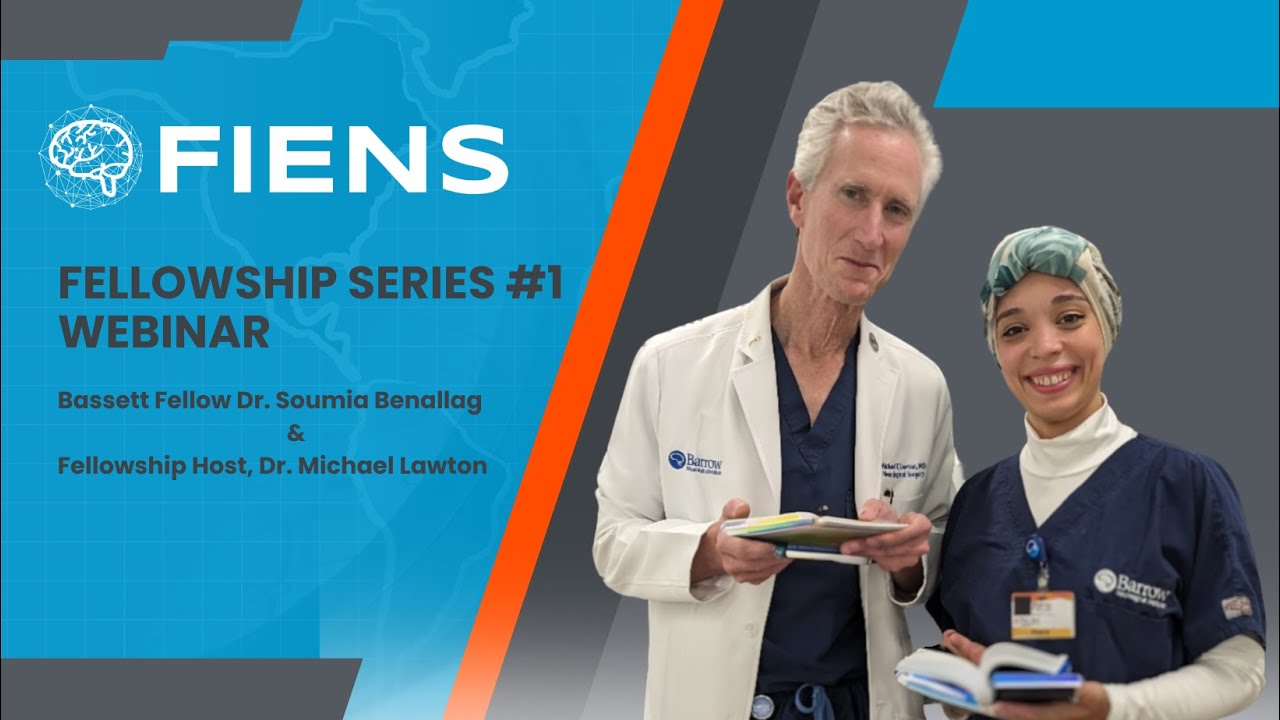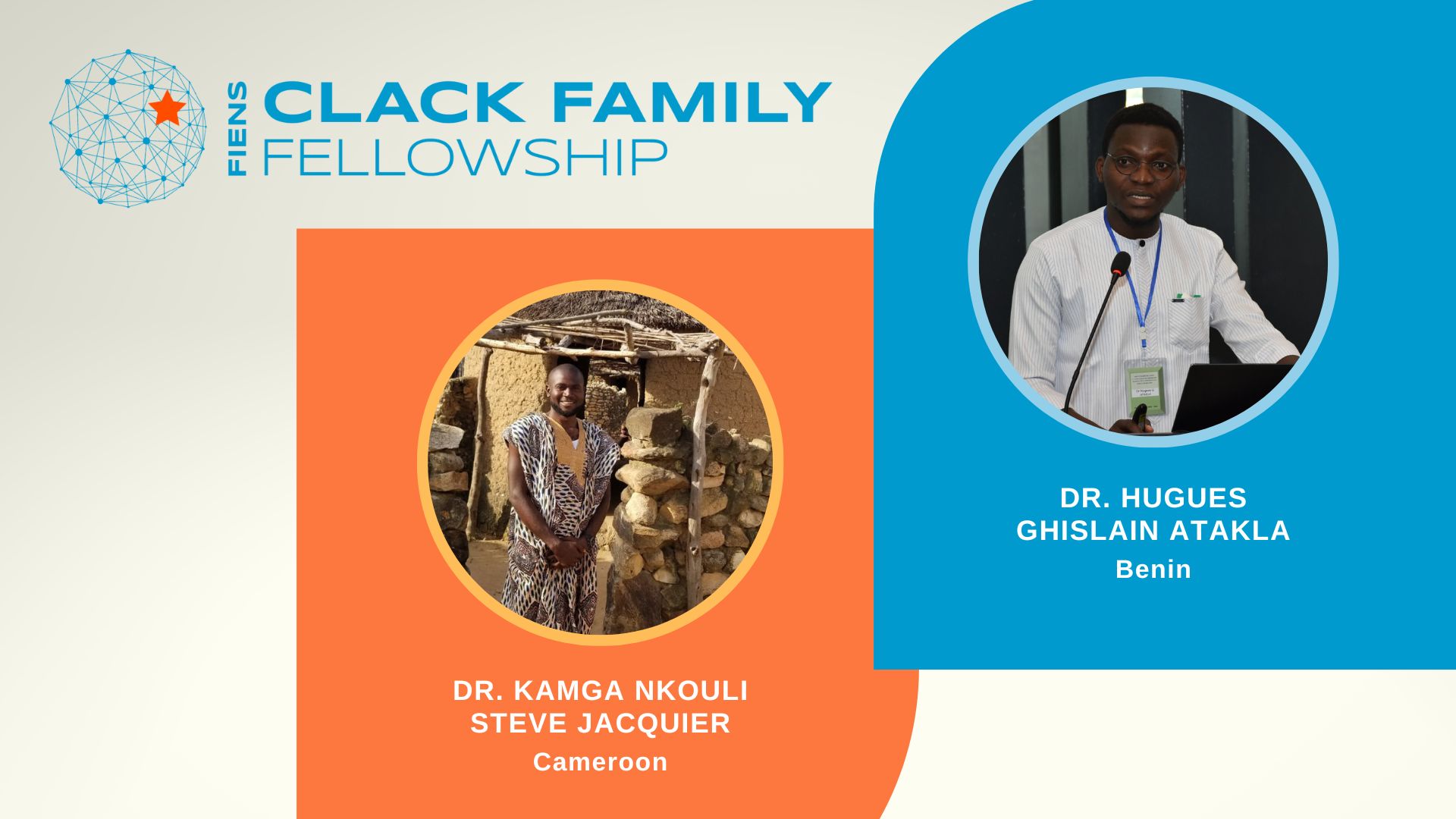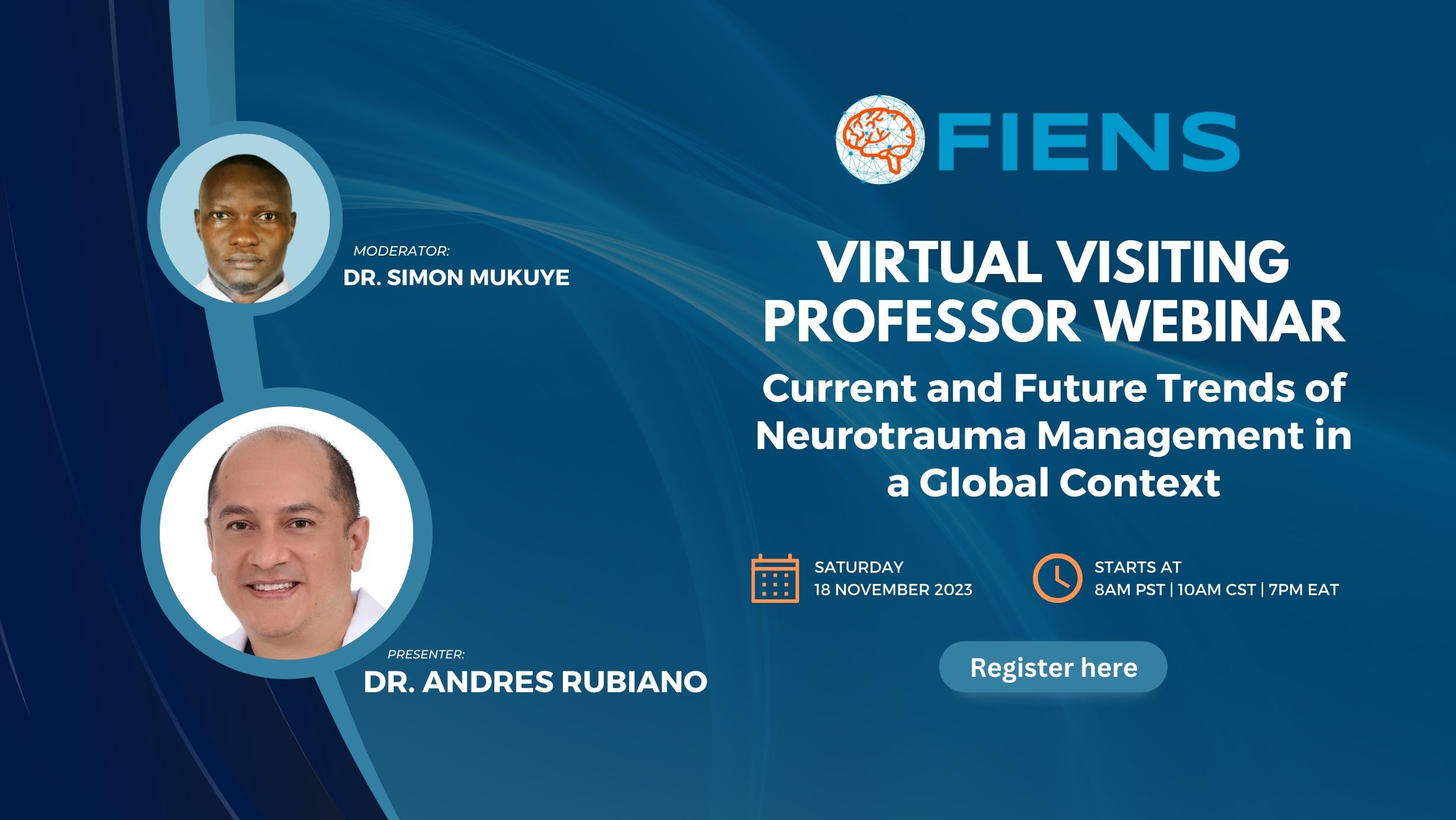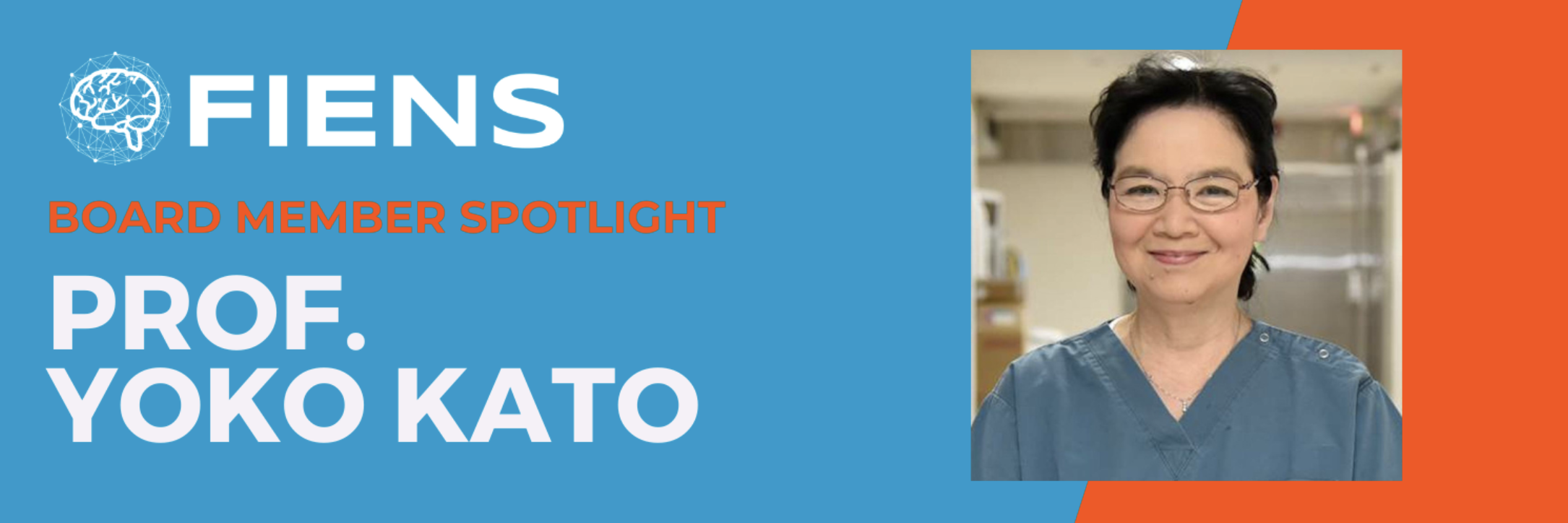
Professor Yoko Kato is a renowned figure in the field of neurosurgery, recognized for her groundbreaking work in surgical management and dedication to advancing the field. She currently holds several prestigious positions, including Professor and Chair of the Department of Neurosurgery at Fujita Health University Bantane Hospital, Nagoya, Japan. Additionally, she serves as the Head of the Fujita Health University Bantane Hospital Stroke Center and Assistant Director of the Fujita Health University Bantane Hospital. Since August 2019, she has been appointed a Distinguished Professor at Renji Hospital Shanghai, China.
As a member of the Foundation for International Education in Neurological Surgery (FIENS) Board, Prof. Yoko Kato plays a crucial role in advancing educational activities in neurosurgery worldwide. She emphasizes that FIENS exemplifies global cooperation among neurosurgical experts, providing affordable training in neurological surgery for young neurosurgeons from underdeveloped and developing countries in Africa, South America, and Asia. Through this collaboration, local populations benefit from improved healthcare services for neurological and neurosurgical conditions.
Prof. Yoko Kato’s journey in medicine began when she graduated from Aichi Medical University in 1978. She pursued her career in neurosurgery, starting her residency at the Department of Neurosurgery, at Aichi Medical University. In 1980, she joined the Department of Neurosurgery at Fujita Health University, where she has made significant contributions throughout her career. Her expertise lies in the surgical management of brain aneurysms, having performed over 1,800 brain aneurysmal clipping procedures. Since 2014, she has also trained more than 100 young neurosurgeons from around the world in the cerebrovascular fellowship program at Fujita Health University Bantane Hospital.
Prof. Yoko Kato’s commitment to global neurosurgical treatment extends beyond her clinical work. She established the Yoko Kato Foundation to contribute to the development of neurosurgery on a global scale. She is also the founder of the Women’s Neurosurgical Association of Japan and the Asian Women’s Neurosurgical Association. Throughout her career, she has held various leadership positions, such as serving on the Executive Committee of the Japanese Congress of Neurological Surgeons and as the Chairperson of the Meeting of Japan Coma Society. At the international level, she has been elected to prestigious roles within the World Federation of Neurosurgical Societies (WFNS), including Assistant Secretary and Chairperson of Women in Neurosurgery.
Due to her relentless dedication and passion for educating the younger generations, Prof. Yoko Kato has received numerous international awards. She actively encourages female doctors to pursue neurosurgery for post-graduate training, resulting in many of her trainees now holding senior faculty positions at their respective institutions. Her accolades include the Nepalese Society of Neurosurgeons (NESON) Award of Appreciation in 2017, the World Federation of Neurosurgical Societies (WFNS) Medal of Honor, and the Honorary Fellowship Award by the American Colleges of Surgeons in 2019. Most notably, she was honored with the International Lifetime Recognition Award from the American Association of Neurological Surgeons (AANS) in 2021, making her the first female neurosurgeon, second Japanese neurosurgeon, and third Asian neurosurgeon ever to receive this prestigious award.
Upon receiving the 2021 AANS International Lifetime Recognition Award, Prof. Yoko Kato stressed the significance of education in the developing world. She emphasized that simply donating surgical instruments is insufficient without efforts to impart knowledge and skills to younger generations. Prof. Kato emphasized the importance of face-to-face training, stating that it cannot be replaced by videos or online demonstrations. She believes that every country should provide equitable health services through well-trained professionals from their own population. Encouraging peer-to-peer discussions among young neurosurgeons fosters collaboration, and hands-on practice is crucial for all neurosurgeons. Prof. Kato’s ultimate goal for education is to achieve equality in gender, country, and development. The FIENS community expresses its gratitude for Dr. Kato’s valuable contributions to neurosurgery and FIENS.

